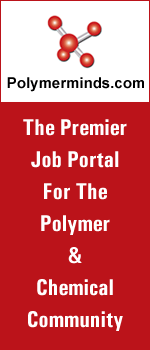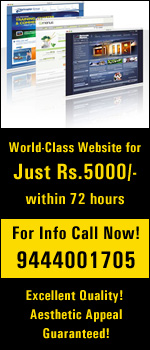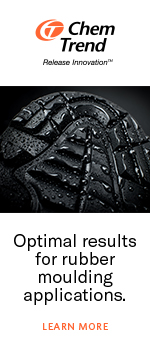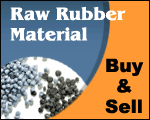Toyota Advances Hydrogen Fuel Cell Plans amid Industry's Battery-Car Push
Bloomberg 01/13/11
Toyota Motor Corp., the world’s largest seller of hybrid vehicles, said it’s on schedule to sell hydrogen cars by 2015 or sooner in California, Japan and Germany as an alternative to battery-powered models coming to market.
Toyota, which also aims to sell plug-in hybrid and battery- only autos in 2012, is overcoming the cost and technical hurdles that have kept hydrogen fuel-cell cars from being sold to retail customers, said Takeshi Uchiyamada, Toyota’s executive vice president for research and product development. The carmaker has cut the cost to make hydrogen models to less than $100,000 and aims to halve that price by the time sales begin, he said.
“I have high expectations for fuel-cell vehicles as a candidate for next-generation cars,” Uchiyamada said this week in an interview at the North American International Auto Show in Detroit. “Over the past several years, we’ve seen many of the outstanding technical issues solved.”
Enthusiasm a decade ago for hydrogen cars faded because of costs estimated by some manufacturers at about $1 million a vehicle, as well as a lack of fueling stations. While Nissan Motor Co.’s battery-powered Leaf and General Motors Co.’s plug- in Volt target drivers who want to use little or no gasoline, Toyota, Honda Motor Co., Daimler AG, Hyundai Motor Co., GM and Nissan continue developing hydrogen cars, which offer greater range and faster refueling.
Comparable Cruising Distance
“When it comes to fuel-cell cars, the cruising distance is almost comparable to conventional gasoline-engine cars,” Uchiyamada said. Toyota’s cost reductions for the models come from improvements in making high-pressure hydrogen tanks and fuel-cell stacks, he said.
Separately, Toyota and 12 other Japanese companies including Honda, Nissan and JX Nippon Oil & Energy Corp. plan to build 100 hydrogen fueling stations in the Asian nation by 2015, according to a statement on Toyota’s website.
Toyota rose 1 percent to close at 3,535 yen in Tokyo trading today. The stock declined 17 percent in 2010.
Fuel cells, layers of plastic film coated with platinum sandwiched between metal plates, make electricity in a chemical process combining hydrogen and oxygen. Fuel-cell vehicles share components such as electric motors and power controls with battery-only models, Uchiyamada said.
FCX Clarity
Honda has leased FCX Clarity hydrogen sedans to Los Angeles area drivers since 2008, and Daimler began a similar California program for its Mercedes-Benz F-Cell hatchback last year.
Toyota will initially focus on selling hydrogen models in California, Japan and Germany, which have the most developed fueling infrastructure.
“We’d like to gradually expand regionally to a global basis,” Uchiyamada said.
Since the program initially will focus on large urban markets, “all we need is a small number of stations,” he said.
Toyota’s first hydrogen cars for retail buyers “will arrive in 2015 or sooner,” Akio Toyoda, the company’s president, said Jan. 10 in Detroit. “Over the years customers will choose which technology is best for their needs.”
Toyota is still working on details of how it will market hydrogen vehicles and hasn’t decided whether the initial model will be sold under the Toyota brand or as luxury Lexus vehicle, considering a likely retail price of about $50,000, he said.
“We’ll be able to talk about performance specifications and other details reasonably soon,” Uchiyamada said without elaborating.
The Toyota City, Japan-based automaker’s U.S. sales unit is in Torrance, California.
More News





















